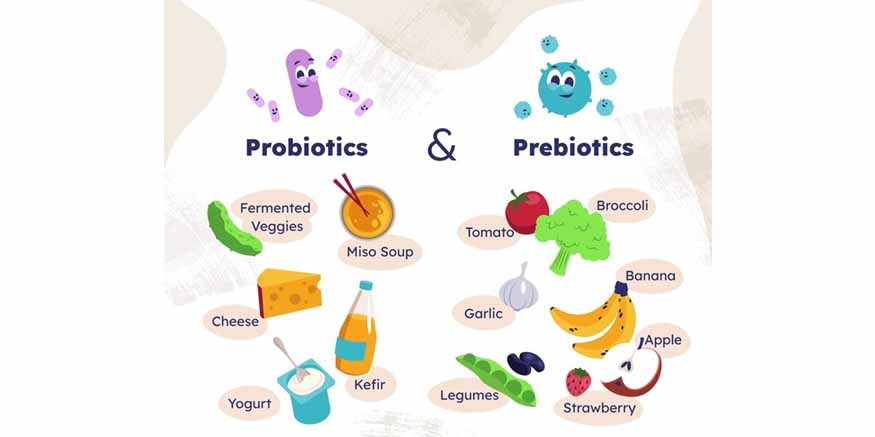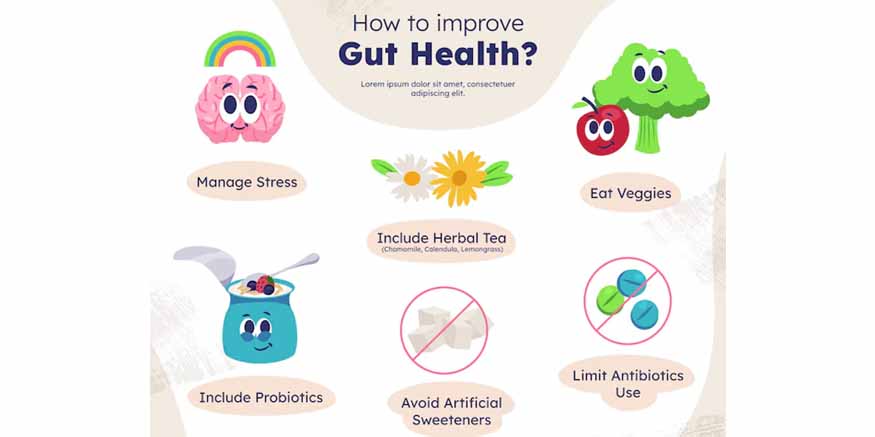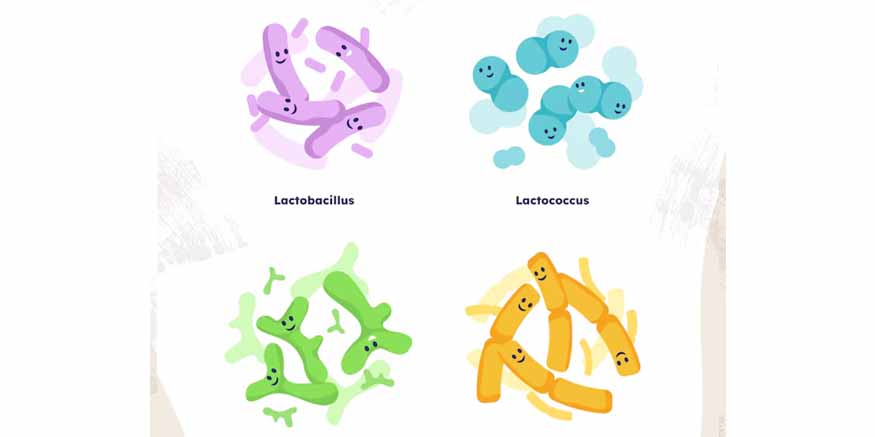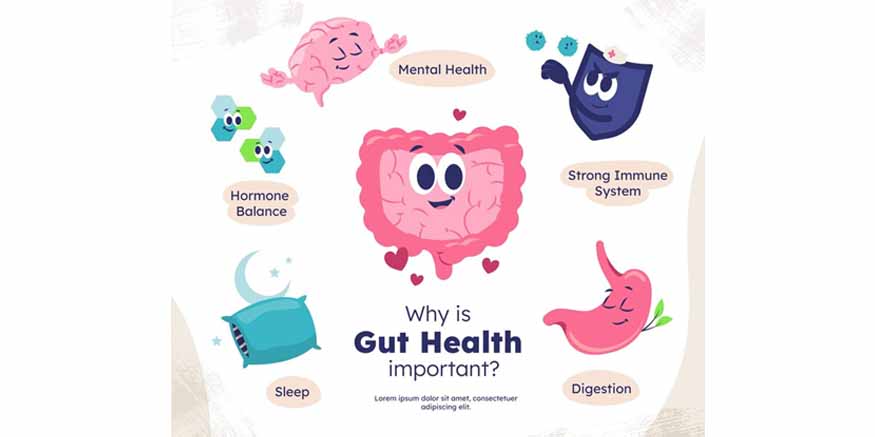Nutrition is the cornerstone of a child’s health and parents today are becoming increasingly aware of the importance of fostering healthy eating habits. One crucial benefit of healthy nutrition is developing optimal gut health for toddlers. The gut, often called the body’s “second brain,” is responsible for digestion, immunity, and overall health. A healthy gut can significantly contribute to a child’s growth and development. This is where probiotics, the beneficial bacteria have garnered attention for their positive impact on gut health.
Gut health refers to the balance of microorganisms residing in the digestive tract. This balance is vital for efficient digestion, nutrient absorption, and a robust immune system. Maintaining a healthy gut is even more critical for toddlers whose bodies and immune systems are still growing. Imbalances in gut bacteria can lead to problems such as constipation, diarrhoea, and even weakened immunity, affecting a child’s overall health.
The Role of Probiotics for Toddlers
Probiotics are microorganisms that provide several benefits when consumed in adequate amounts. These friendly bacteria help restore and maintain the natural balance of the gut microbiota. Probiotics can be useful for toddlers as they support digestive health, enhance immune function, and may lower the likelihood of specific illnesses.
Medical professionals advise parents to refrain from administering probiotics to children who have a weakened immune system, are battling cancer, or are premature infants. In such situations, probiotics may increase the risk of infections.

Additionally, if your child is undergoing antibiotic treatment, it is important to consult with your paediatrician or pharmacist beforehand, as not all probiotics are compatible with antibiotics.
Possible side effects of probiotics can include gas, bloating, and constipation. These effects are typically mild and resolve within a few days. However, it is essential to consult your child’s doctor if you observe any alterations in their bowel movements.
Benefits of probiotics for kids
Research indicates that probiotics may provide several advantages for children, including –
- Enhanced digestive health
- Assistance with diarrhoea, constipation, colic, and symptoms associated with irritable bowel syndrome or inflammatory bowel disease
- Mitigation of antibiotic-related side effects
- Strengthened immune system performance
- Lowered risk of autoimmune disorders
- Prevention of asthma and allergic reactions
Additionally, probiotics may positively influence mental health and help prevent recurrent urinary tract infections. However, medical professionals emphasise the need for further research in these areas.
Promoting probiotics naturally in a child
For newborns and infants, breastfeeding is the optimal method of delivering probiotics. Breast milk is rich in probiotics, and prebiotics such as human milk oligosaccharides (HMOs) that nourish beneficial bacteria in the gut. These unique carbohydrates are exclusive to human breast milk and function as prebiotics, fostering the growth of healthy bacteria. If breastfeeding is not an option, certain food formulas incorporate probiotics and HMOs to support the development of a baby’s microbiome.

It is important to provide a diet rich in healthy, unprocessed foods to children.. Incorporating fresh fruits, vegetables, and yoghurt can significantly enhance gut health and overall well-being. Children should avoid fatty foods and sugary drinks, as these can negatively impact both gut and general health. Moreover, oral antibiotics can eliminate beneficial bacteria in children’s gut, hence it is crucial to minimise their usage.
Best Probiotics for Toddlers

When selecting the best probiotic for toddlers, several factors must be considered such as strain of bacteria, dosage, and form. Lactobacillus and Bifidobacterium are two commonly studied and widely used strains known for their safety and efficacy in children. Probiotics are available in various forms such as powders, chewable tablets, and liquid drops, making them easy to incorporate into a toddler’s daily routine.
Probiotic Foods for Toddlers
In addition to supplements, certain foods naturally contain probiotics and can be easily included in a toddler’s diet. Yoghourt, kefir, and certain fermented foods such as sauerkraut and miso are excellent sources of probiotics. Including these foods can be a delicious and nutritious way to support a toddler’s gut health.
Food for Gut Health
Beyond probiotics, other dietary factors also play a significant role in promoting gut health. A balanced diet which is rich in fibre, fruits, vegetables, and whole grains provides the necessary nutrients and prebiotics that support the growth of healthy gut bacteria. Encouraging toddlers to consume various foods ensures the reception of nutrients essential for their overall health.
Conclusion
Nutrition plays a vital role in a child’s health, with a particular focus on gut health being essential for toddlers’ growth and development. Probiotics can significantly enhance digestive health and immune function, making it important for parents to consider incorporating them into their child’s diet while being mindful of potential risks.
For more such informative/interesting blogs, visit Mother’s Pet Kindergarten.













Recent Comments